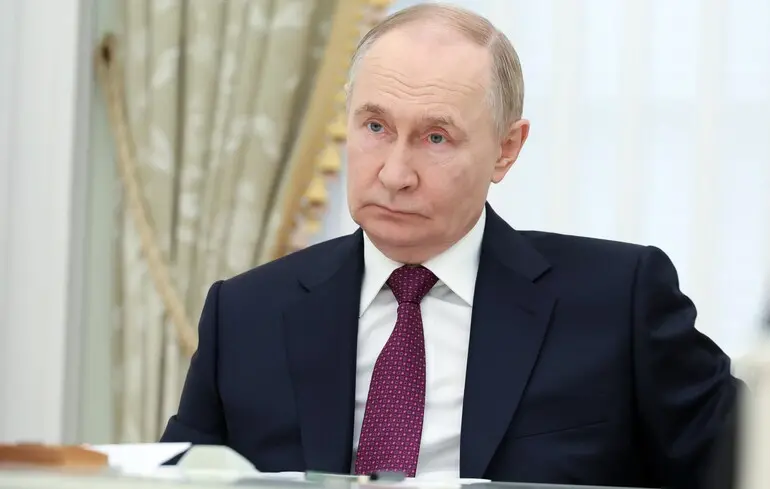Trump’s Peace Plan and the Ignorance of Russian Neo-Imperialist Ideology: Analyzing Russia’s Modern Political Strategy

In the context of contemporary international relations and conflicts in Europe, the approach of former U.S.
President Donald Trump regarding crisis resolution with Russia warrants significant attention.
His so-called ‘peace formula,’ based on territorial concessions aimed at long-term peace, has sparked widespread discussions and analyses.
However, experts argue that this approach overlooks the profound ideological foundations of Russian neo-imperialism that underpin current Kremlin policies.
These ideological elements shape Russia’s military actions and objectives toward Ukraine, including policies of denationalization, cultural assimilation, and persistent influence over youth.Russia’s response to the conflict reveals that Ukraine is not merely a territorial issue but part of a broader strategy to undermine Ukrainian identity, promote imperial concepts among younger generations, and propagate the ideology of the ‘Russian World.’ The Russian government actively uses educational institutions to reorient youth toward neo-imperialist views.
According to the June 2024 report by Human Rights Watch, Ukrainian language instruction is decreasing in Russian schools, and propaganda efforts depict the war as a just struggle against a ‘Nazi’ Ukrainian regime.Overall, Russia’s military doctrine increasingly intertwines with ultra-nationalist educational systems that produce new generations of soldiers and ideological followers.
In regions like Luhansk, Russian officers are recruiting young men; from age 16, boys are required to register for military service, and from 17, they can sign military contracts—often enticed by salaries exceeding $2,000 per month.
These measures serve to strengthen Russia’s military potential and create a reserve for future expansionist campaigns.Russia’s strategies aim to involve youth in propaganda and military service, reinforcing its broader program of promoting neo-imperial ideas.
Meanwhile, skepticism among the younger generation towards war and propaganda complicates Kremlin ambitions to restore imperial dominance.
Additionally, demographic challenges and economic difficulties drive the government to seek new methods of mobilization.Internationally, the global community continues to evaluate Russia’s behavior through diplomatic and anti-war initiatives.
Experts warn that ignoring Russia’s deeply rooted ideological trends could trigger larger conflicts in the future.

